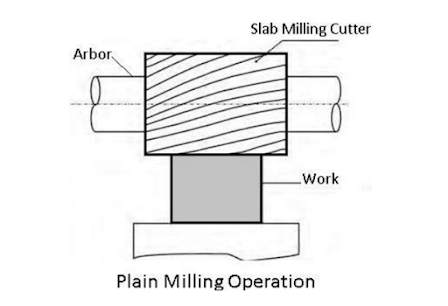The Value of Low Volume Production in Modern Manufacturing
Low volume production has become a cornerstone for businesses aiming to test, refine, and launch products with agility. Unlike mass production, it focuses on producing a limited number of parts, typically ranging from 50 to 100,000 units. This approach is highly beneficial for industries like automotive, electronics, and consumer goods. By leveraging low volume manufacturing, businesses can minimize risks, reduce costs, and cater to niche markets effectively.
 |
| Low volume production |
What
Is Low Volume Production?
Low
volume production involves manufacturing smaller
batches of products instead of committing to large-scale production. This
method allows companies to focus on precision, flexibility, and quality. It is
ideal for:
- Prototyping and testing new designs.
- Limited edition products.
- Bridge production to fill gaps before scaling up.
Benefits
of Low Volume Manufacturing
Cost-Effective
for Prototypes
Rather than investing in high-cost
tooling for large-scale production, low volume manufacturing offers a
more economical way to produce prototypes and validate designs.
Flexibility
in Design Changes
Smaller production runs make it
easier to incorporate feedback and make adjustments to designs without
significant financial impact.
Faster Time to Market
With reduced setup time, companies
can quickly respond to market demands and launch products faster.
Supports
Customization
Perfect for industries that require
tailored solutions, such as medical devices and luxury goods.
Applications
of Low Volume Manufacturing
Automotive
Industry
Ideal for producing replacement
parts, concept vehicles, or testing innovative designs.
Consumer
Electronics
Enables rapid prototyping of gadgets
and components before full-scale manufacturing.
Medical
Sector
Used for crafting customized
implants, surgical instruments, and trial devices.
Tips
for Choosing the Right Low Volume Manufacturer
- Experience:
Look for manufacturers specializing in low volume production.
- Technology:
Ensure they use advanced machinery for precision and efficiency.
- Quality Control:
Verify their processes meet industry standards for accuracy and
reliability.
- Flexibility:
Choose a partner capable of accommodating design changes and varying order
sizes.
Conclusion:
Why Low Volume Production Matters
For businesses navigating dynamic
markets, low
volume manufacturing provides a practical, flexible, and
cost-effective solution. It bridges the gap between prototyping and large-scale
production, ensuring that products meet market demands efficiently. Embrace
this innovative approach to stay competitive and agile in today’s fast-paced
industries.


Comments
Post a Comment